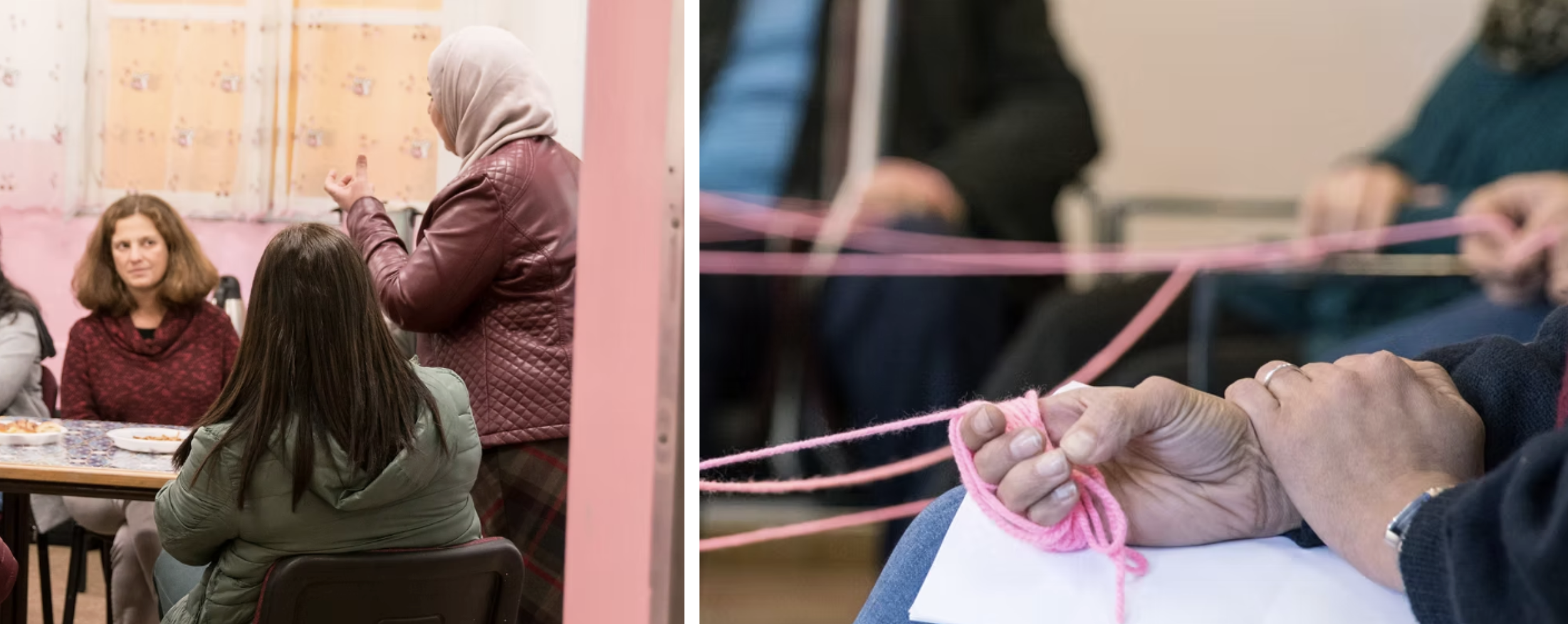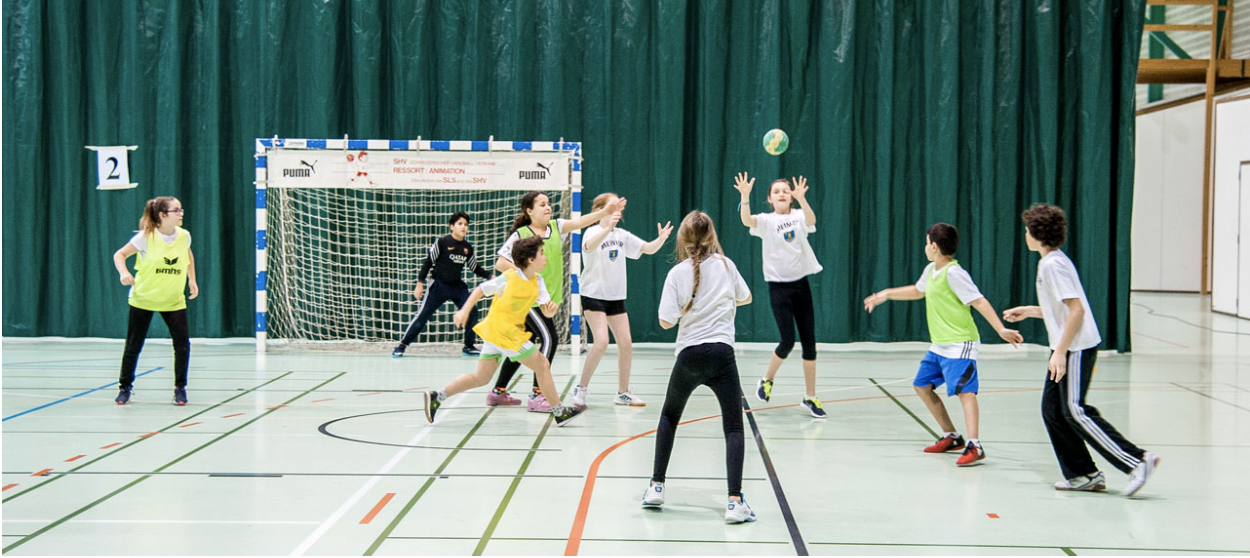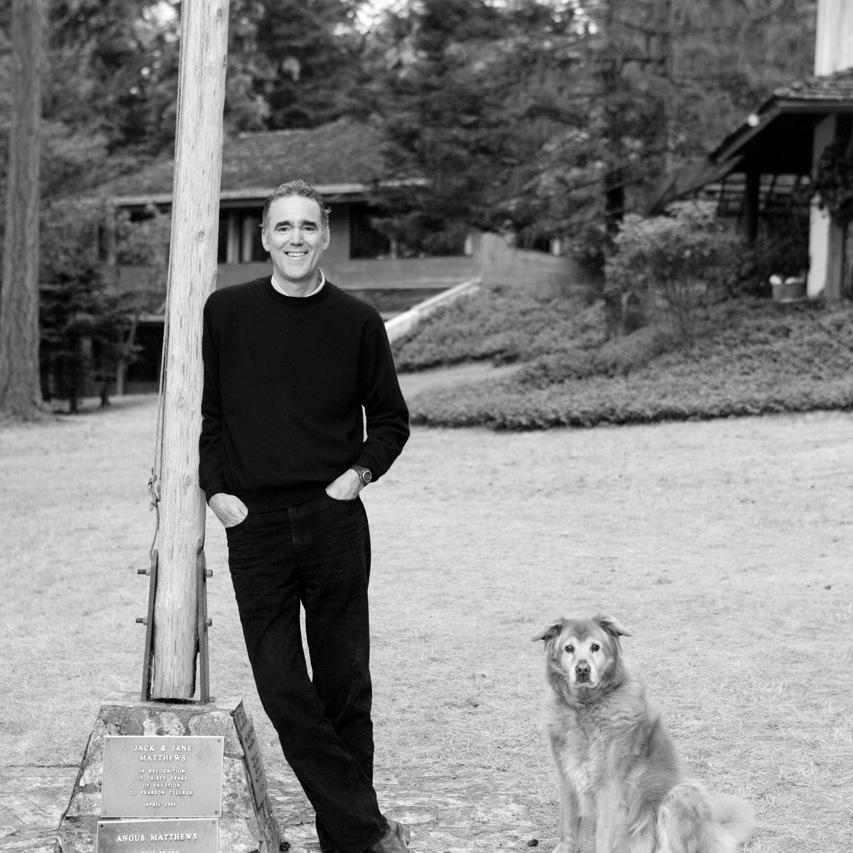Interview with Dr. Rotem-Raz from the Teachers’ Lounge program operating in Jerusalem
How does education play a role in building a peaceful future?
I believe that education is a crucial factor in creating a future that holds optimism for sustainable peace. Generally, the term “peace” feels very distant from our reality. In local terminology, this concept is rarely used anymore. Instead, the focus is on a situation where people can live with dignity alongside one another—where there is acceptance of the other, even if it does not necessarily mean peace in the traditional sense. We talk about a “cold peace” rather than a “warm peace.” In any case, education plays a crucial role in fostering any form of peace.
Palestinian Education:
Palestinian education varies by region; the education system in the West Bank is not the same as in Gaza, nor is it the same as the education system for Palestinians living in Israel. However, according to research, there is a common theme in Palestinian education (in Gaza and the west bank) that denies the right of Jews to live in this land and even promotes the use of violent means against Israelis. The education system in Gaza is particularly inciteful against Jews—targeting all Jews, regardless of context.
I believe that the foundation for change lies in making significant reforms in the education system, including changes in textbooks—shifting from an education that incites violence to one that is more inclusive. Research from IMPACT-SE has analyzed these educational materials and found clear incitement and calls for violence embedded in Palestinian curriculums. In my opinion, this is the most critical issue that is not being sufficiently addressed today.
Israeli Education:
The Israeli education system is divided into several sectors, each with its own curriculum: the secular system, the religious-Zionist system, the ultra-Orthodox system, and the Arab sector. In the state education system, there is no incitement against Palestinians, the curriculum heavily emphasizes Jewish history (e.g. antisemitism and the Holocaust) to highlight the importance of survival in the state of Israel. However, the curriculum does not present the Palestinian issue in a complex and comprehensive manner.
For example, in Israel, the education system does not teach about life beyond the Green Line. There is no political interest in doing so. As a result, most Israelis are unaware of the daily realities of Palestinians and do not recognize the complexity of their experiences. The only encounters between Israelis and Palestinians tend to happen in violent contexts rather than through genuine interactions between people who want to live peacefully side by side.
In the religious education system, there is a stronger emphasis (compared to the secular system) on the concept of Greater Israel—the biblical and historical significance of holding onto the territories beyond the Green Line. This narrative disregards the existence of Palestinians living in these areas.
Common Points for Change in Both Education Systems:
Neither the Israeli nor the Palestinian education systems acknowledge the narrative of the other. If the education systems were to teach the conflict in a more nuanced and inclusive way, incorporating diverse perspectives, there would be greater hope for change.
I believe that if there were more discussions about the humanity of the other side and if there were direct encounters between the two sides, the reality could be different.
Is the conflict often the subject of your workshops? If so, what pedagogical approaches are used to address the conflict with students?
The Teachers’ Lounge program brings together Israeli and Palestinian educators who either live in Israel or come from East Jerusalem schools that are recognized by the Israeli Ministry of Education.
However, we do not conduct structured dialogue sessions about the conflict in our program. Our methodology is different. The Teachers’ Lounge uses a pedagogical approach called “Hermeneutics of Place”.
This approach brings together people who live in the same geographic space and helps them reflect on how the “other side” experiences that same place—but from a different perspective. We operate under the assumption that if we explicitly discuss the conflict, we are unlikely to reach understanding or agreement. Instead, our goal is to humanize the other through shared experiences, fostering respect that can, in the future, lead to a willingness to coexist.
For example, in our sessions, we take joint tours where participants share how they perceive and experience different places. We do not avoid discussing the conflict—it often naturally arises—but it is not the central focus. Discussions about the conflict emerge organically through participants’ personal experiences and stories.
When someone shares a personal experience, their emotions and feelings cannot be debated. We do not focus on historical facts or arguments; rather, we explore how participants experience their surroundings.
During workshops, we provide teachers with tools to engage their students in multiculturalism and tolerance—not necessarily peace discussions, but rather methods that encourage cross-cultural openness. Teachers incorporate these methodologies into their classrooms, fostering a more open-minded atmosphere.
In our Alumni Community, we actively encourage teachers to initiate such projects and provide them with the necessary support. We do not dictate specific initiatives but instead offer guidance and support for educational projects that promote multiculturalism. This year, we have placed a strong emphasis on this, and in the coming years, we plan to further professionalize and expand these efforts.
What are the obstacles to educational collaboration between Israelis and Palestinians?
Palestinians cannot enter Israeli-controlled areas, and Israelis cannot enter Palestinian-controlled areas. Special permits are required for such crossings, involving extensive bureaucratic procedures.
From a political perspective, this is not feasible due to security restrictions. Any Palestinian wishing to enter Israel must obtain a security permit (due to past and current security concerns), and it is dangerous for Israelis to enter Palestinian areas.
As a result, collaborations between Israeli and Palestinian schools are systemically impossible. For such interactions to occur, the education systems themselves would need to accommodate such possibilities—but this is not happening. On the contrary, both systems incite against each other.
From a political standpoint, mutual recognition would be necessary. Unfortunately, there are no politicians on either side currently advocating for this. Political leaders are actively inciting against one another, and since October 7th, the idea of peace has become even more distant. Support for the two-state solution is declining rapidly.
How could we bring hope in this tragedy? If you could give one message to the world regarding this, what would it be?
At the end of the day, people want to live. Jews and Arabs collaborate daily in various ways, particularly in economic ventures. Many people frequent each other’s businesses, leading to firsthand interactions and recognition that the other side exists and is human.
My hope is for more “small collaborations” like these to accumulate, creating a broader understanding that we all want to live. These small interactions are what give me hope.
Message to the world:
The world needs to understand the depth of this conflict. It is an extremely complex situation, yet global perspectives are often shaped only by media coverage. There is little deep understanding of the two conflicting narratives, leading to shallow interpretations of the situation.
In reality, the world is not helping to promote peace—it is pushing it further away. Calling for peace through a liberal human-rights lens without understanding the deep historical context of the conflict does not advance peace.
The world needs to be more humble and acknowledge the complexity of both sides’ perspectives. Learning more, understanding more—this is what truly matters.
If the world wants to promote peace, it can support encounters between Israelis and Palestinians—not necessarily through conflict discussions, but through human interactions. These interactions foster tolerance and complexity, which is far more valuable than simplified political rhetoric.
For further information : https://teachersloungejer.wixsite.com/teachers-lounge-eng/



